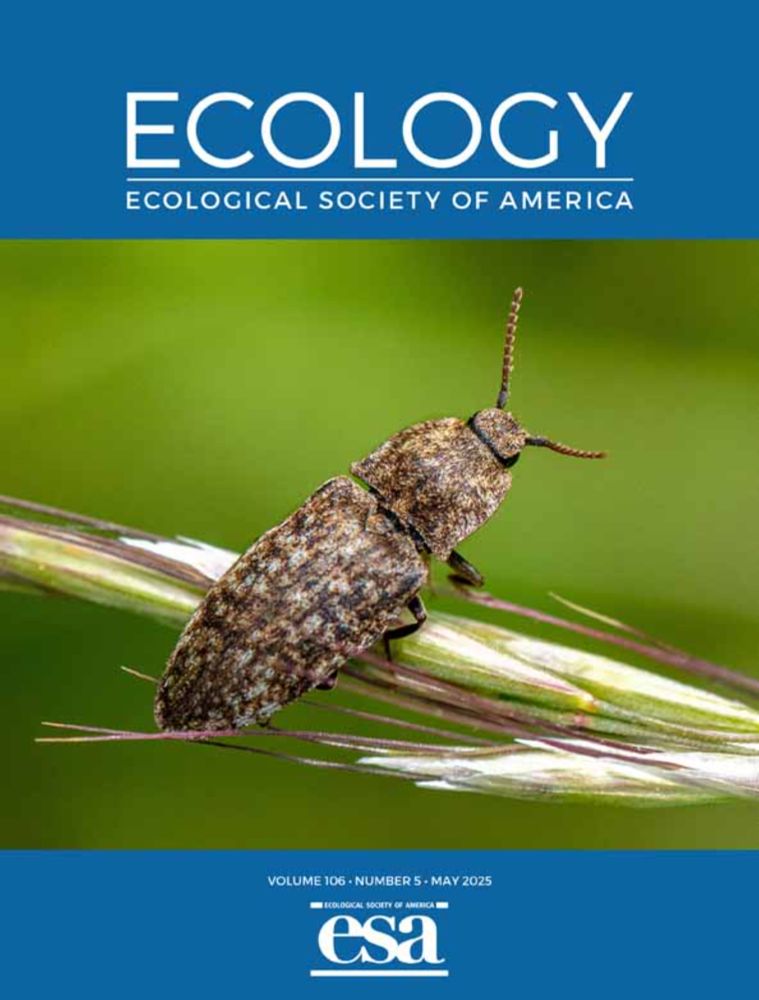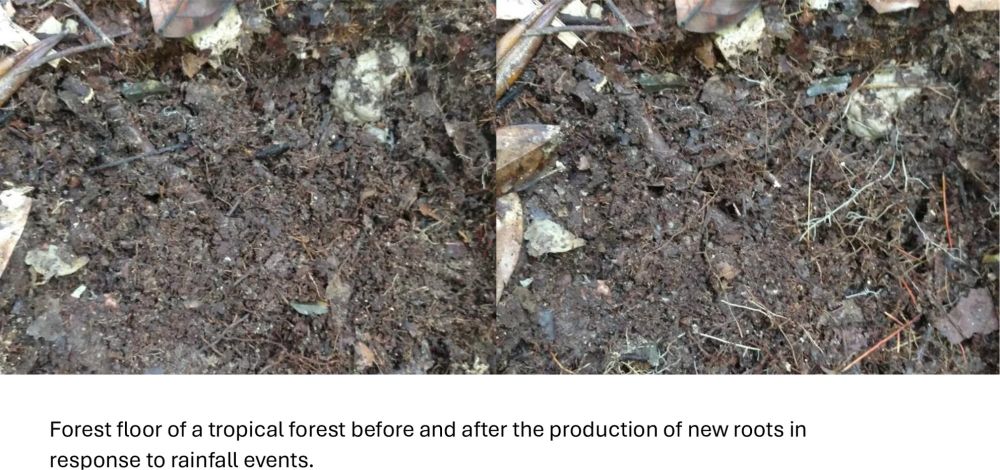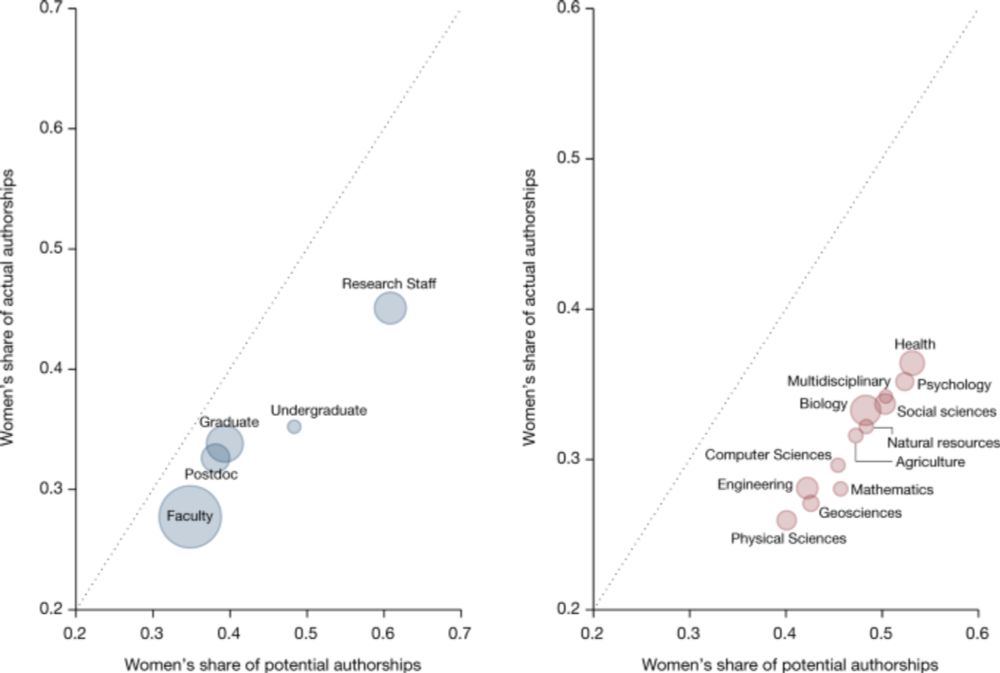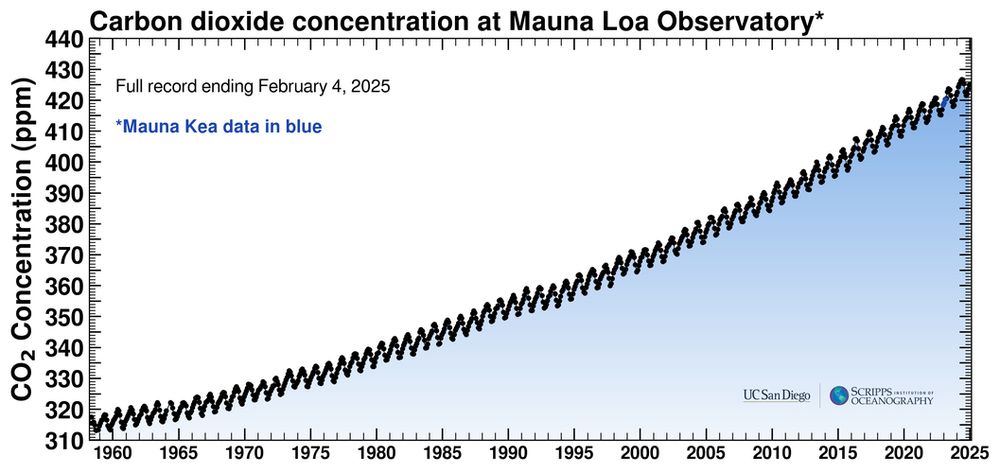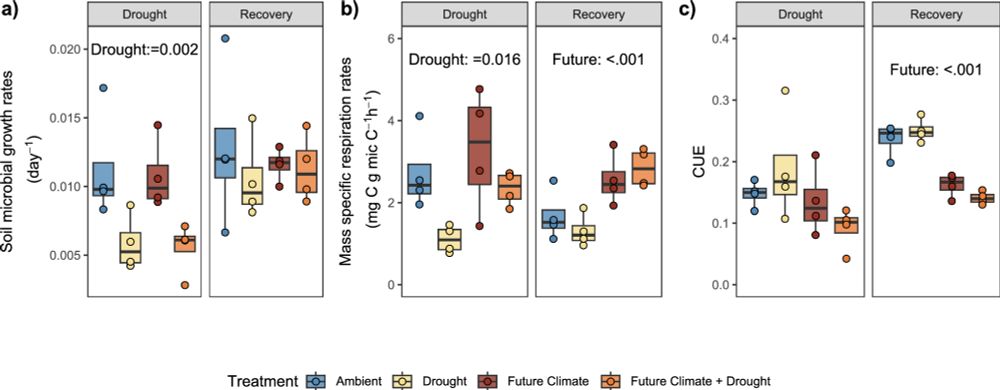Lucia Fuchslueger
@loutsi.bsky.social
580 followers
350 following
13 posts
Soil ecologist tracing roots and microbes in soil. Concerned about the climate.
Posts
Media
Videos
Starter Packs
Reposted by Lucia Fuchslueger
Reposted by Lucia Fuchslueger
Reposted by Lucia Fuchslueger
cemess_vienna
@cemess.bsky.social
· Jul 7

We are hiring: Full Professor of Soil Ecosystems and Global Change
Soil ecosystems form the foundation of planetary health and play a critical role in climate feedback mechanisms. However, they are also vulnerable to the impacts of global change.
cemess.univie.ac.at
Reposted by Lucia Fuchslueger
cemess_vienna
@cemess.bsky.social
· Jul 7

We are hiring: Full Professor of Soil Ecosystems and Global Change
Soil ecosystems form the foundation of planetary health and play a critical role in climate feedback mechanisms. However, they are also vulnerable to the impacts of global change.
cemess.univie.ac.at
Reposted by Lucia Fuchslueger
Reposted by Lucia Fuchslueger
Lucia Fuchslueger
@loutsi.bsky.social
· May 19
Reposted by Lucia Fuchslueger
Reposted by Lucia Fuchslueger
Yago Santos
@yrs-pa.bsky.social
· Apr 9
Lucia Fuchslueger
@loutsi.bsky.social
· Apr 2

Gross soil phosphorus fluxes remain constant along forest recovery trajectories in Central Africa
Phosphorus (P) is crucial for ecosystem functioning, yet primary productivity in many tropical regrowth forests on highly weathered soils is assumed t…
www.sciencedirect.com
Reposted by Lucia Fuchslueger
Brian J. Enquist
@bjenquist.bsky.social
· Mar 24

Prestigious journals make it hard for scientists who don’t speak English to get published. And we all lose out
A study of 736 biological science journals showed only a small fraction are making efforts to foster a multilingual scientific community.
theconversation.com
Reposted by Lucia Fuchslueger
Reposted by Lucia Fuchslueger
Reposted by Lucia Fuchslueger
Reposted by Lucia Fuchslueger
Katie Mack
@astrokatie.com
· Dec 26
Lucia Fuchslueger
@loutsi.bsky.social
· Nov 29
Lucia Fuchslueger
@loutsi.bsky.social
· Nov 29
Lucia Fuchslueger
@loutsi.bsky.social
· Nov 29
Lucia Fuchslueger
@loutsi.bsky.social
· Nov 29







